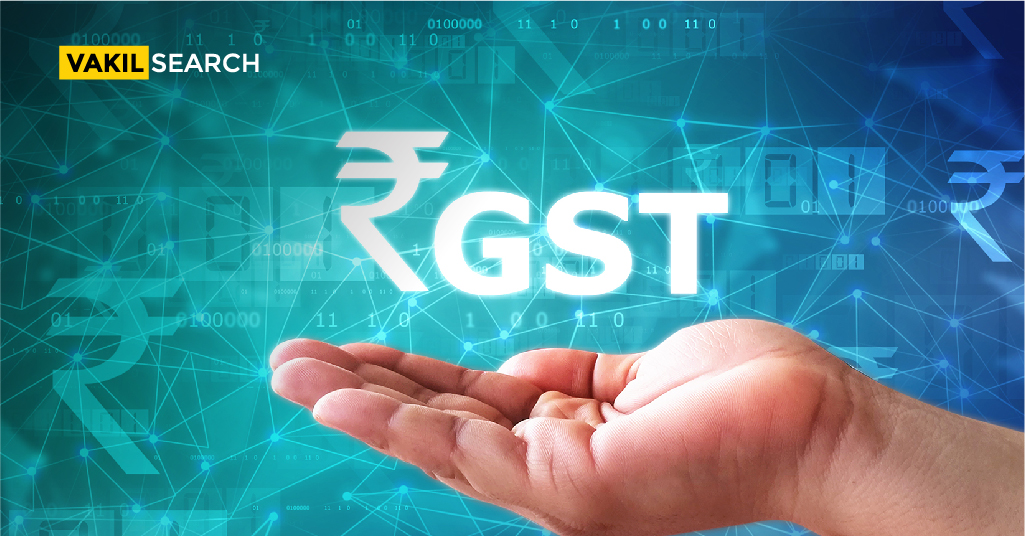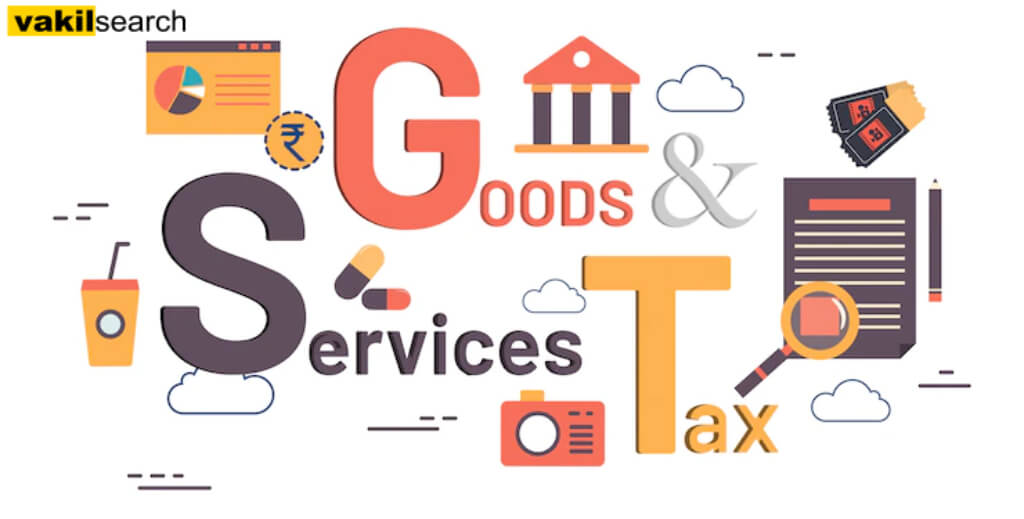GST registration has never been easier! Feel free to contact the experts at Vakilsearch to start your tax compliant business journey today!
What is GST Registration?
GST Registration refers to the process of registering for the Goods and Services Tax (GST) in a country that implements the GST system. GST is a comprehensive indirect tax levied on the supply of goods and services throughout the country. It replaced multiple indirect taxes, such as excise duty, service tax, and value-added tax (VAT), with a single tax.
Steps Involved in GST Registration:
Visit the GST Portal:
The first step is to visit the official GST portal of the respective country.
Fill the GST Registration Application:
Complete the GST registration application form by providing necessary information including, business name, address, contact details, and authorised signatory details
Provide Required Documents:
Attach the necessary documents as per the guidelines provided by the tax authorities. The documents typically include:
- PAN (Permanent Account Number) card
- Proof of business address
- Identity and address proof of promoters/partners/directors, bank account details, and photographs.
Submit the Application:
Once the application is complete and the documents are attached, submit the application online on the GST portal.
Verification and Clarification:
After submitting the application, the tax authorities will verify the information provided. They may seek additional information or clarification if required.
Streamline your GST process – Click to use our GST Calculator for efficient calculations.
GST Registration Certificate:
If the application is approved, a GST registration certificate will be issued. This certificate serves as proof of GST registration.
Types of GST Registrations:
Regular GST Registration:
This type of registration is required for businesses with an annual turnover exceeding the threshold limit set by the tax authorities.
Composition Scheme:
This scheme is available for small businesses with a turnover below a specified limit. It offers simplified compliance and allows businesses to pay tax at a fixed percentage of turnover.
Casual Taxable Person:
Individuals or businesses that occasionally undertake taxable activities in a jurisdiction where they do not have a fixed place of business need to register as a casual taxable person.
Non-Resident Taxable Person:
Non-resident individuals or businesses that carry out taxable activities in a jurisdiction need to register as a non-resident taxable person.
Input Service Distributor:
This registration is required for businesses that receive input services and distribute them to other branches or units within the same jurisdiction.
TDS/TCS Registrations:
Tax Deduction at Source (TDS) and Tax Collection at Source (TCS) registrations are for businesses that are required to deduct or collect tax on certain types of transactions.
Eligibility for GST Registration
The eligibility criteria for GST number registration may vary from country to country. Generally, the following entities are required to register for GST:
- Businesses with an annual turnover exceeding the threshold limit set by the tax authorities.
- Businesses engaged in the supply of goods or services across different states or countries.
- Businesses involved in e-commerce activities, irrespective of turnover.
- Certain specified categories of individuals or businesses, as determined by the tax authorities.
FAQs
What are the Documents Required for GST Registration?
To register for GST, you might need to provide certain documents. These documents can include your PAN card, proof of your business address, proof of identity and address for the people who own or run the business, bank account details, and photographs. These documents help verify your information and complete the registration process. However, the specific requirements may vary depending on the country.
What is GST and why is there a new registration process?
GST (Goods and Services Tax) is a comprehensive indirect tax system that replaces multiple indirect taxes. The new registration process is implemented to streamline and simplify the tax registration process, ensuring compliance and ease of doing business.
What are the key changes in the new GST registration process?
The new GST registration process includes a 1. Single online platform 2. Easier document requirements 3. The use of advanced technology for verification and processing.
Who needs to register for GST under the new process?
Businesses that earn more money, sell goods or services across different states or countries, operate in e-commerce, or fall under specific categories identified by tax authorities must register for GST under the new process.
How can I register for GST under the new process?
To register for GST under the new process; 1. Visit the official GST portal of your country 2. Complete the registration application 3. Attach the necessary documents 4. Submit the application, and go through the verification process. 5. If approved, a GST registration certificate will be issued.
Are there any penalties for non-compliance with the new GST registration process?
Penalties for non-compliance with the new GST registration process may vary depending on the country's tax laws. Generally, non-compliance can lead to fines, penalties, or other legal consequences.










